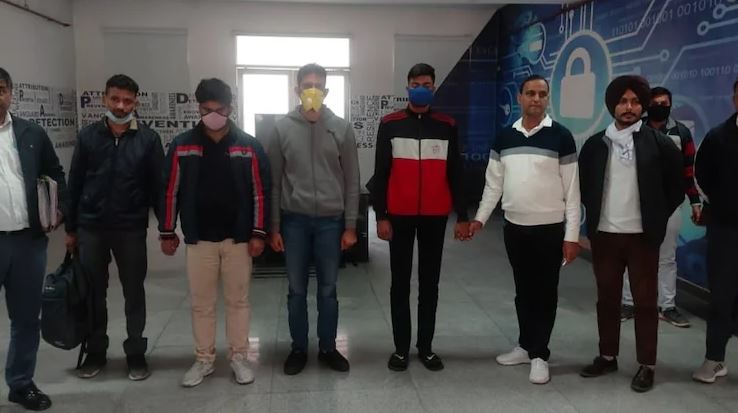Authorities in India arrested three individuals accused of participating in a fraudulent operation in order to cheat on the presentation of an exam to obtain certifications from Cisco, E-Council and CompTIA. Those arrested include an engineer who used to work for Delhi.
According to the report, online certifications are being offered by a large number of companies and include the presentation of several courses that applicants to some jobs need to submit to be considered for a job. The usefulness of the online exam had skyrocketed after the outbreak of COVID-19 and the closure of educational institutes during the coronavirus isolation.
These certifications are being provided by several reputable organizations in various fields, such as CISCO certifications, CompTIA certifications, and EC-Council certifications, which play a pivotal role in the selection and placement of an employee in the technology, telecommunications, and other sectors.
Institutions conducting online testing must implement various measures to safeguard the overall integrity of the selection process, which involves the legitimacy of the exam. These processes even involve the use of artificial intelligence to monitor users who take their exams remotely.

As India Today mentions, those arrested contacted users who were going to present this evidence to offer this illegitimate help; through a VoIP service and with the data of a bank account, users arranged the deal. The hackers asked the user to download the Iperius Remote software, which gave them remote access to the user’s computer so they could take the exam instead. After multiple cases of unusually high scores, authorities began investigating, even employing decoys to lure hackers.
Having enough information, the authorities determined that the exams were being manipulated using hacking methods, so the intervention of the police forces was ordered in the localities where this behavior was detected. During the investigation, the phone number, bank account number and IP address of a member of this group were detected, allowing Indian authorities to identify other suspects. The first arrests were made on November 24.
The method the hackers used to access insider information from the exams is still unknown, although the intervention of an internal attacker could be the answer.
To learn more about information security risks, malware variants, vulnerabilities and information technologies, feel free to access the International Institute of Cyber Security (IICS) websites.

He is a well-known expert in mobile security and malware analysis. He studied Computer Science at NYU and started working as a cyber security analyst in 2003. He is actively working as an anti-malware expert. He also worked for security companies like Kaspersky Lab. His everyday job includes researching about new malware and cyber security incidents. Also he has deep level of knowledge in mobile security and mobile vulnerabilities.











